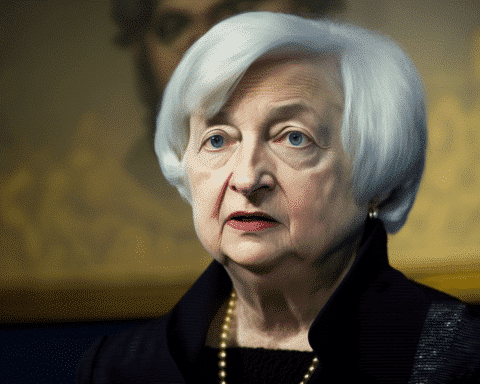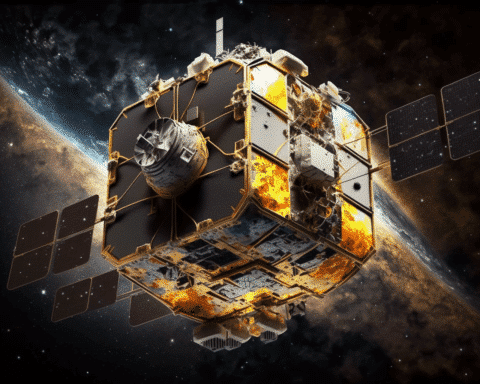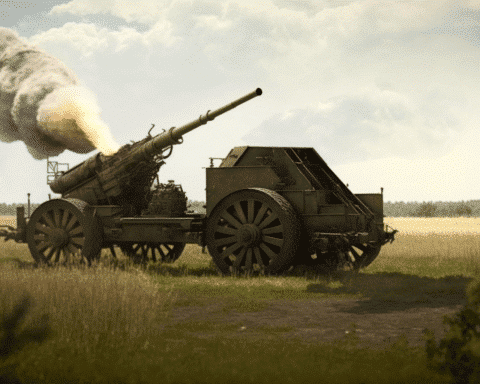NATO’s Deputy-General Secretary, Mircea Geoana, stated on Monday that there’s no possibility of Romania, a NATO member, becoming involved in war, following the recent findings of drone debris near its border with conflict-afflicted Ukraine.
Geoana emphasized during his visit to a school near Bucharest, “There’s no evidence suggesting any intentional act by Russia targeting Romania, which, by extension, means NATO territory.”
These statements came shortly after Romanian officials reported the discovery of drone pieces on their land for the second time. This happened against a backdrop of consistent Russian aggression on Ukraine’s Danube River ports, situated right across from Romania. The close proximity of these attacks has raised concerns among Romanians living nearby about the war’s potential overflow.
Geoana, who has previously served as Romania’s foreign minister and its U.S. ambassador, noted, “Hearing the echoes of conflict so close to home undeniably stirs emotions and anxiety. However, Romania’s involvement in this war remains unlikely.”
In light of the drone fragments found on Saturday, Romanian President Klaus Iohannis pointed out their similarity to drones deployed by the Russian military. He remarked that such incidents are a clear infringement on Romania’s sovereignty, posing genuine security threats to its residents.
However, Geoana sought to allay these concerns: “I aim to assure Romanians, particularly those residing along the Danube-Ukraine border, that there’s no cause for alarm.” He further mentioned his plans to visit those border regions, hoping his presence might convey a sense of stability and trust.
NATO’s Secretary-General, Jens Stoltenberg, previously noted related incidents in countries like Poland but refrained from details. As per NATO’s Article 5, all 31 member countries have committed to defending any member under threat. Nonetheless, NATO remains cautious about inadvertently escalating tensions with Russia due to smaller mishaps.
Recounting a recent NATO summit in Vilnius, Lithuania, Geoana shared that NATO leaders are preparing novel defence strategies for such circumstances, and even worse scenarios, tailored specifically for the region.
Geoana welcomed U.S. proposals to enhance NATO’s air surveillance in the Black Sea region and increase the number of NATO troops in Romania from the current 5,000. He believes this move would provide further reassurance.
Following Russia’s extensive offensive against Ukraine the prior year, NATO intensified its footprint in Eastern Europe, deploying more units to countries like Romania, Bulgaria, and Slovakia.
Geoana concluded, “Consider the situation had we not been a NATO member. We’re part of the most powerful alliance ever known to mankind.”
In an increasingly volatile global landscape, the steadfast bond between NATO member states serves as both a shield and a symbol of united strength. As the lines of conflict continue to blur and evolve, nations like Romania underline the significance of such alliances. The resilience and unity of NATO, particularly in these testing times, reiterate the essence of collective security, emphasizing that true strength lies not in isolation, but in collaboration.




